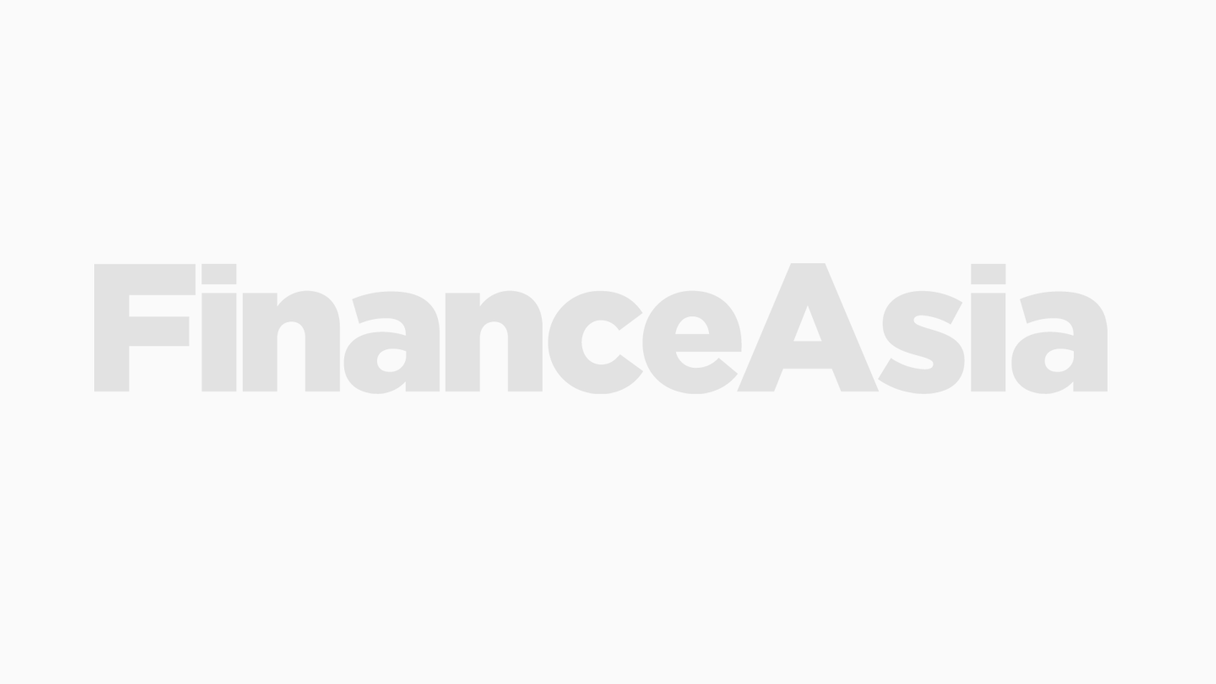Jonathan Boersma is vice president, professional standards at the CFA Institute (formerly AIMR), based in Virginia in the US. On a recent trip to Asia he discussed the new pressures building up in the world of equity research. Paramount among these are the pressures companies are putting on analysts to produce positive reports and the retaliation they wage when reports are negative. He also touches on the aftermath of the Spitzer 'global settlement' and the small advances made by independent research. Finally he asks the $10 billion question: how much is research actually worth?



